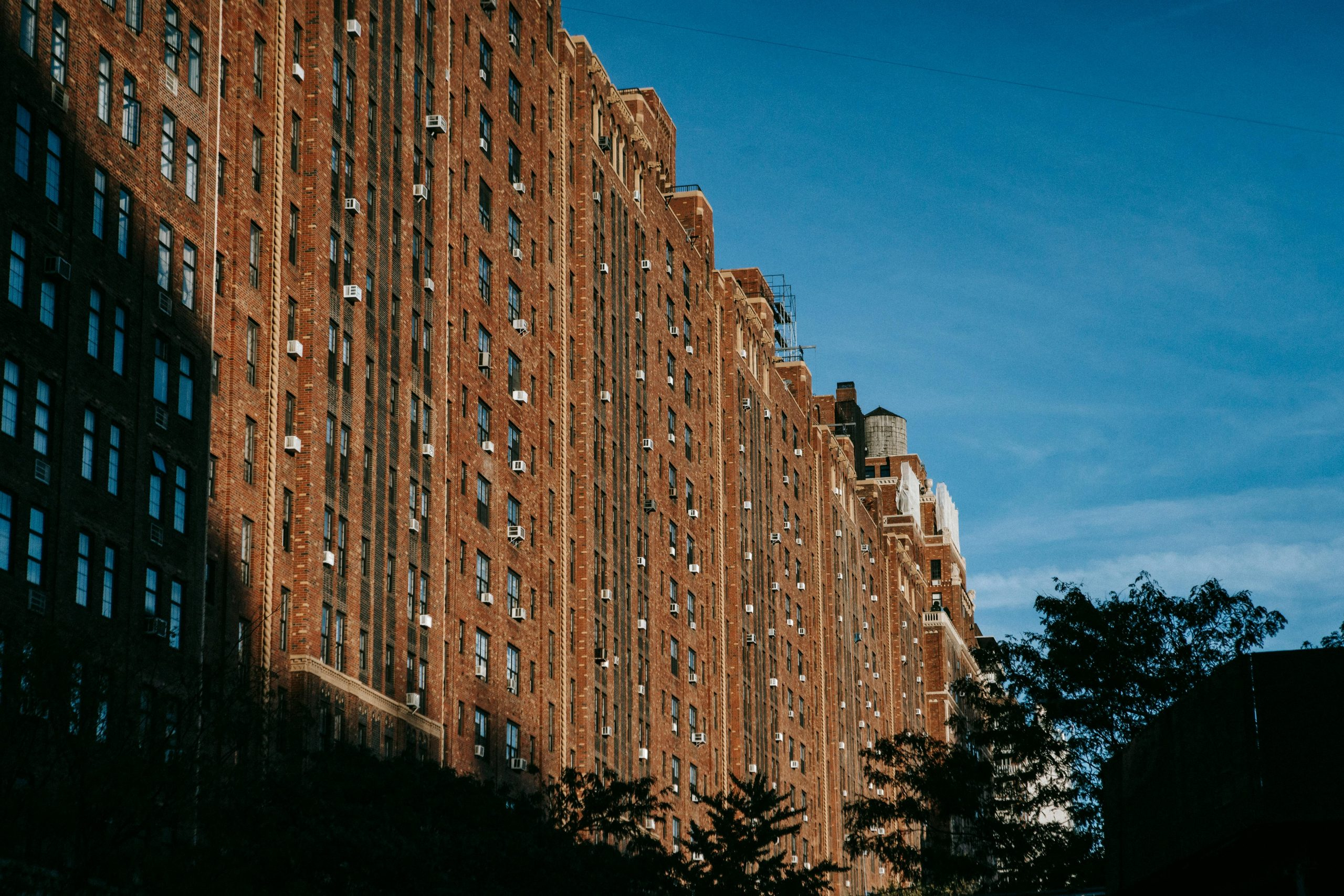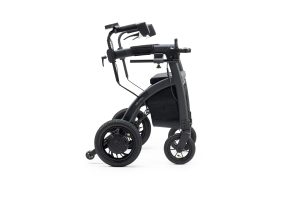Tenant Rights in Rent-Controlled Housing
Rent-controlled housing is a unique type of rental property that has its rent regulated by the government. This type of housing was first implemented during the Great Depression to protect tenants from unfair rental prices. Today, it continues to provide affordable housing for many individuals and families. However, living in a rent-controlled property also means certain rights and responsibilities for tenants. In this article, we will delve into the details of tenant rights in rent-controlled housing. We will discuss the laws that protect tenants, their obligations, and the steps they can take if they feel their rights are being violated.
What is Rent-Controlled Housing?
In the United States, rent-controlled housing refers to properties whose rental prices are regulated by the government. This means that landlords are not allowed to charge any amount they want for rent. Instead, they are limited to a maximum amount set by the government. These regulations are implemented by state and local authorities and aim to provide affordable housing for low-income families and individuals.
Rent-Controlled vs Rent-Stabilized Housing
It is important to note that rent-controlled housing is different from rent-stabilized housing. While both have government-mandated rent regulations, there are some key differences. Rent-controlled housing is generally reserved for buildings constructed before a certain year, while rent-stabilized housing can include both old and new buildings. This means that rent-stabilized housing is more widespread and can include luxury apartments, while rent-controlled housing is mostly limited to older buildings that have not been renovated. Another difference is that in rent-controlled housing, rent increases are controlled by the government, while in rent-stabilized housing, landlords are allowed to increase rent by a certain percentage each year.
Tenants’ Rights in Rent-Controlled Housing
Living in a rent-controlled property comes with certain rights and responsibilities for tenants. These rights are put in place to ensure that tenants are treated fairly and that their rental prices remain affordable.
1. Right to a Written Lease
In a rent-controlled property, tenants have the right to a written lease. This lease should outline the terms and conditions of the tenancy, including rental price, lease duration, and rules and regulations. It is important for tenants to carefully review their lease and bring up any concerns or questions with their landlord before signing.
2. Right to a 30-Day Notice for Rent Increase
In most states, landlords are required to provide tenants with a 30-day written notice before increasing their rent. This gives tenants enough time to prepare for the increase and decide whether they want to renew their lease or look for a different rental property.
3. Right to a Safe and Livable Property
Tenants have the right to a safe and livable rental property. This means that landlords are responsible for maintaining the property and ensuring that it meets health and safety standards. Tenants have the right to request repairs and maintenance from their landlord, and landlords are legally obligated to address these requests in a timely manner.
4. Right to Privacy
Tenants have the right to privacy in their rental property. This means that landlords cannot enter the property without giving prior notice, except in cases of emergency. Tenants also have the right to refuse entry if the landlord does not provide a valid reason for their visit.
5. Right to Due Process
If a landlord wants a tenant to vacate their rent-controlled property, they must follow the proper legal procedures. This includes giving the tenant a written notice to leave, allowing them a certain amount of time to vacate, and going through the court system if necessary. Tenants have the right to defend themselves and their right to stay in their rental property.
What to Do if Your Rights are Being Violated
If you feel that your rights as a tenant in a rent-controlled property are being violated, it is important to take action. The first step is to communicate with your landlord and try to resolve the issue amicably. If this does not work, you can seek help from your local tenants’ rights organizations or seek legal advice. It is also advisable to keep a record of all correspondence and any documentation related to the issue.
Living in a rent-controlled property can provide secure and affordable housing for tenants. However, it is important for tenants to understand their rights and responsibilities in order to ensure a fair and comfortable living situation. By knowing and advocating for your rights, you can protect yourself from any possible violations and enjoy the benefits of living in a rent-controlled property.










